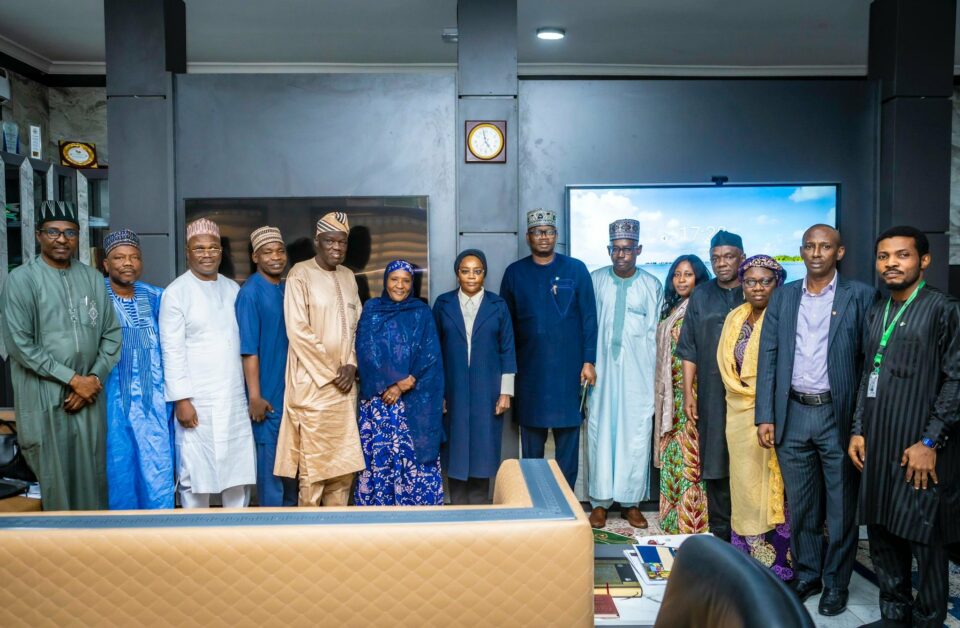
The Executive Secretary of the Universal Basic Education Commission, Aisha Garba, has announced ongoing discussions on a partnership designed to improve the delivery of quality basic education in Nigeria.
Garba disclosed this in a statement posted on her official X account on Friday, following a meeting with the President of Maryam Abacha American University of Nigeria and representatives of the African Institute for Solutions and Development.
“This week, I welcomed the President of Maryam Abacha American University of Nigeria (MAAUN) @MAAUNigeria, and his team from the African Institute for Solutions and Development (AISD).
“Their visit included the presentation of a proposed Strategic Partnership Framework aimed at supporting the successful implementation of the World Bank–supported HOPE Project”, she said, noting that the visit marked the beginning of talks to deepen collaboration between the institutions.
The HOPE Project, according to Garba, is one of UBEC’s major initiatives focused on improving access, quality, and infrastructure in basic education.
Garba explained that the proposed framework would help ensure its smooth execution.
She added, “The framework offers practical, evidence-based solutions ranging from turnkey toolkits and technical expertise to capacity-building programs, all tailored to enhance UBEC’s capacity to deliver on its federal mandate.”
These solutions, she said, would provide ready-to-use educational tools, specialist guidance, and staff training to strengthen the commission’s ability to meet its objectives nationwide.
Garba also highlighted the alignment of goals between the parties, saying, “Our shared vision for promoting quality basic education and sustainable development through research and innovation continues to pave the way for meaningful collaboration.”
She stressed that innovation and research are central to long-term progress in Nigeria’s education sector.
She further pointed out that “AISD’s ongoing studies on out-of-school children are particularly valuable as we strive for data-driven, impactful interventions.”
She also noted that by relying on accurate data from these studies, UBEC can better identify the scale and causes of the out-of-school challenge and develop more targeted solutions.
Reaffirming her commitment, Garba concluded, “We remain committed to ensuring that no child is left behind and to driving transformative, sustainable improvements in Nigeria’s basic education sector.”
